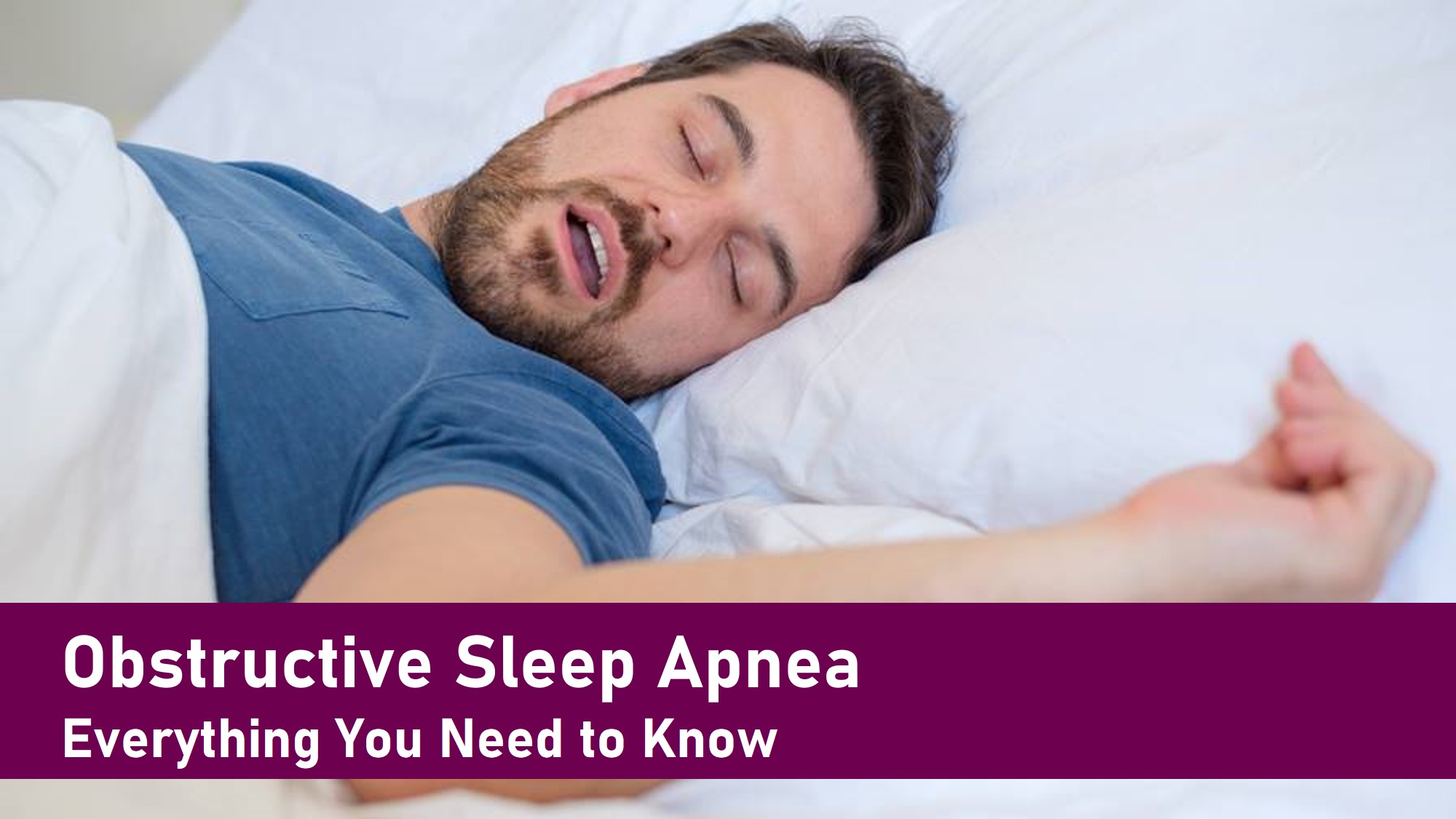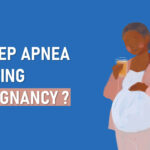- Swastik Clinic, Ahmedabad, GJ, IND
- Call: 8849867169 (For Appointment)
- Mon - Sat: 10 AM - 08 PM
- Sun: Only Emergencies
Obstructive Sleep Apnea – Everything You Need to Know

Obstructive Sleep Apnea – Everything You Need to Know
Do you snore a lot? Do you feel exhausted, tired and sleepy throughout the day, despite having slept at night? If you answered yes to those questions, there is a high chance you are suffering from Obstructive Sleep Apnea (OSA).
What is Obstructive Sleep Apnea?
Obstructive sleep apnea is a potentially serious sleep disorder. It causes breathing to repeatedly stop and start during sleep.

There are several types of sleep apnea, but the most common is obstructive sleep apnea. This type of apnea occurs when your throat muscles intermittently relax and block your airway during sleep. A noticeable sign of obstructive sleep apnea is snoring.
There are three categories of sleep apnea:
Obstructive sleep apnea: The most common type of sleep apnea where the airway is blocked or becomes narrow.
Central sleep apnea: Although the airway is not blocked, the brain fails to direct respiratory muscles to breathe.
Mixed sleep apnea: A combination of the above two.
Risk Factors of Obstructive Sleep Apnea
- large tonsils and adenoids in children
- obesity
- collar size more than 17 inches for men, and 16 inches or more in women
- large tongue
- high blood pressure
- upper jaw being bigger than the lower jaw
Symptoms of Sleep Apnea
The most common sign of obstructive sleep apnea is loud snoring. That said, not everyone who snores suffers from obstructive sleep apnea.
- Excessive drowsiness during the day
- Waking up gasping or choking
- Chronic fatigue
- Dry mouth or a sore throat on waking up
- Morning headache
- Lack of concentration
- Mood swings
- Depression
- High blood pressure
- Forgetfulness
- Swelling in the legs
Obstructive Sleep Apnea Diagnosis & Treatment
To diagnose your condition, your doctor may make an evaluation based on your signs and symptoms, an examination, and tests. Tests to detect obstructive sleep apnea include:
Polysomnography: A sleep study or polysomonography is gold standard diagnostic tool for sleep disordered breathing. Polysomnography records your brain waves, the oxygen level in your blood, heart rate and breathing, as well as eye and leg movements during the study.
Know more about polysomonography treatment for obstructive sleep apnea.
Home sleep apnea testing. Under certain circumstances, your doctor may provide you with an at-home version of polysomnography to diagnose obstructive sleep apnea.
Treatment with Lifestyle Changes
- Lose weight if you’re overweight.
- Exercise regularly.
- Drink alcohol moderately, if at all, and don’t drink several hours before bedtime.
- Quit smoking.
- Use a nasal decongestant or allergy medications.
- Don’t sleep on your back.
- Avoid taking sedative medications such as anti-anxiety drugs or sleeping pills.
Apart from these lifestyle changes, nasal decongestants and continuous positive airway pressure (CPAP) devices can treat obstructive sleep apnea in most patients.
Obstructive sleep apnea is a common sleep disorder that can be treated through subtle lifestyle changes, therapies, and appropriate medical treatment. If you are experiencing any of the symptoms of obstructive sleep apnea, you should consult your nearby pulmonologist at the earliest.
Recent Posts
Archives
- April 2022
- January 2022
- December 2021
- November 2021
- August 2021
- July 2021
- June 2021
- May 2021
- April 2021
- March 2021
- February 2021
- January 2021
- December 2020
- November 2020
- October 2020
- September 2020
- August 2020
- July 2020
- June 2020
- May 2020
- April 2020
- March 2020
- February 2020
- January 2020
- December 2019
- November 2019
- October 2019
- September 2019
- August 2019
- July 2019
Categories
Recent Posts


I Got Covid-19 & Have Asthma – What Now?
09th Jan 2022
